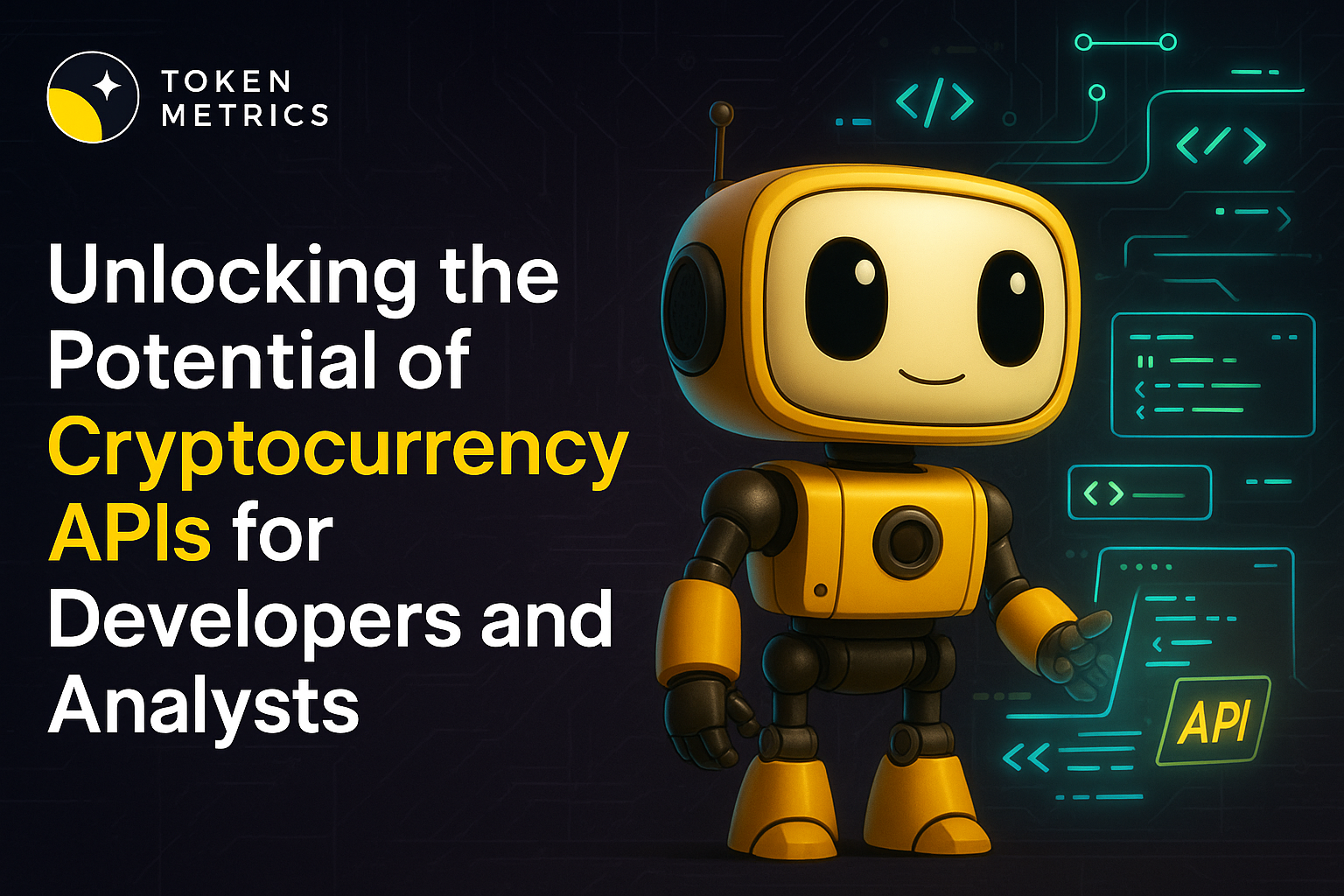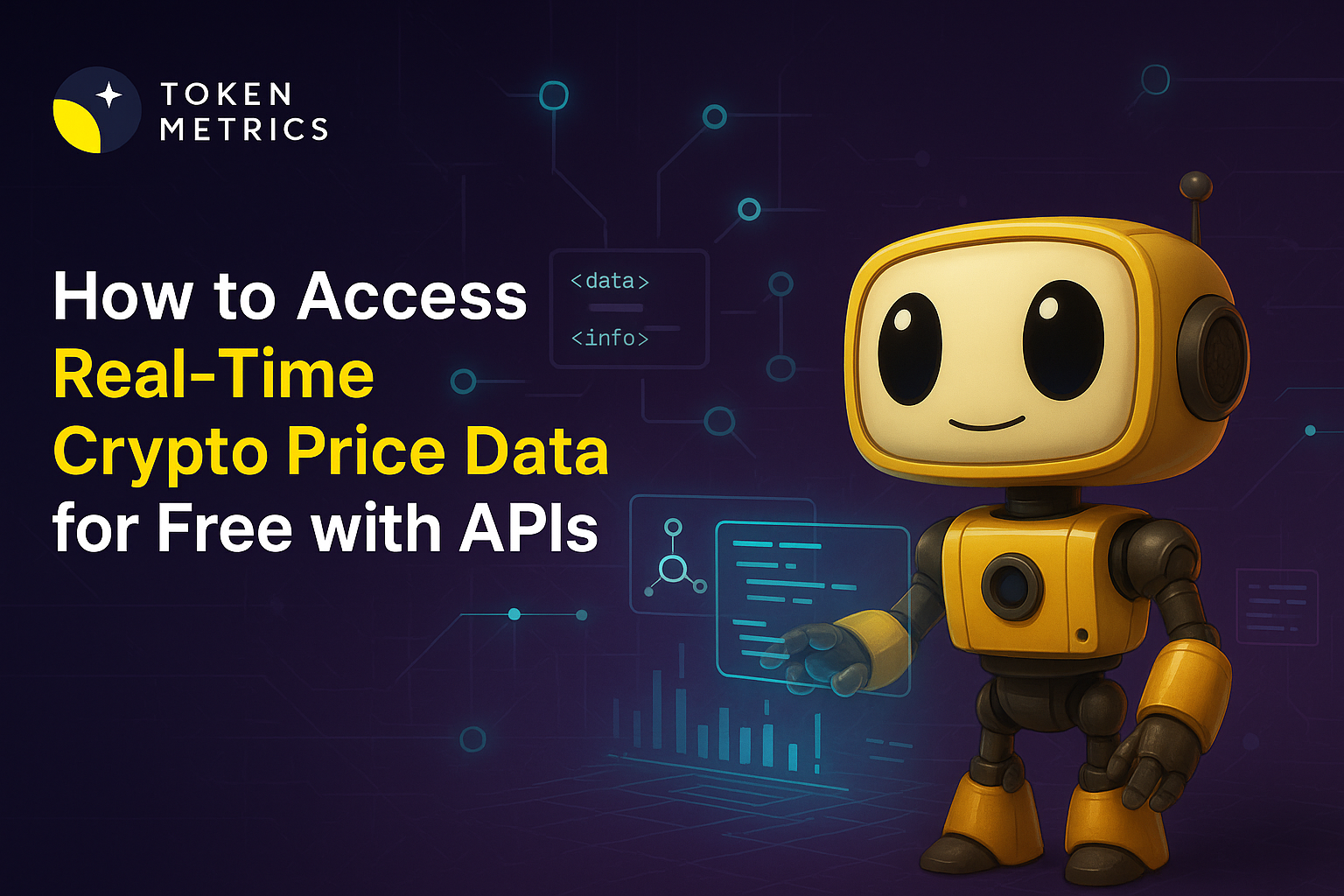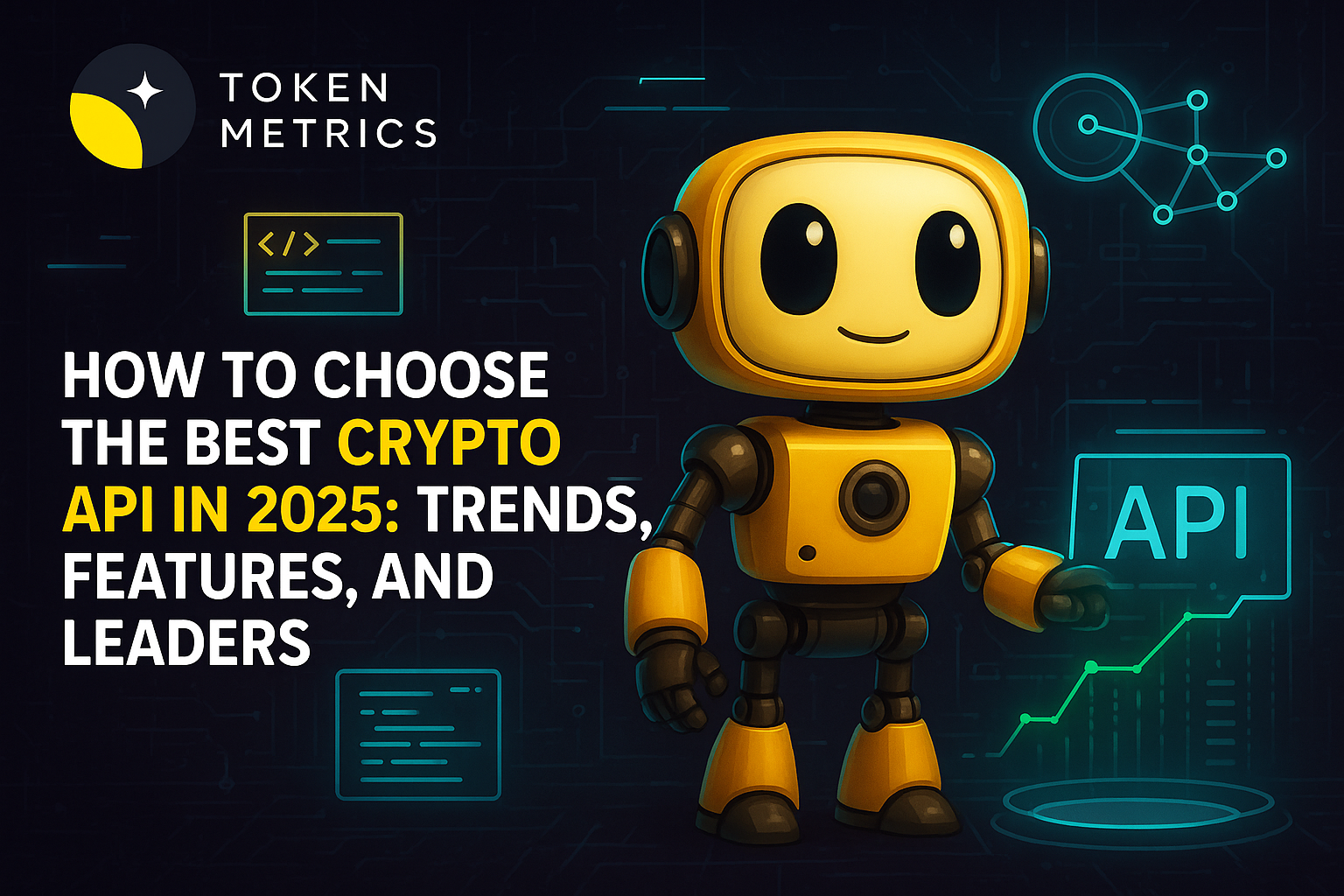Soulbound Tokens (SBTs) - A Beginner's Guide to Digital Asset Ownership
%20.webp)
Soulbound Tokens, often abbreviated as SBTs, represent a form of digital assets built on blockchain networks. These tokens possess distinct characteristics that set them apart from conventional cryptocurrencies and other blockchain-based assets.
By leveraging specific protocols and smart contract functionalities, SBTs introduce a level of scarcity, ownership rights, and utility that can be tailored to a wide range of applications.
Whether you are a seasoned investor or new to the concept of digital assets, this guide will provide you with valuable insights and essential information to embark on your journey. So, let's dive in and unlock the secrets of Soulbound Tokens!
What are Soulbound tokens (SBTs)?
Soulbound tokens, also known as SBTs, are digital tokens that encapsulate the distinct characteristics, features, traits, and accomplishments of individuals or entities. Leveraging the power of blockchain technology, SBTs elevate the applications of non-fungible tokens (NFTs) to new heights.
NFTs establish a connection with a blockchain through their exclusive identification codes, ensuring their authenticity and preventing counterfeiting or replication. While NFTs can be bought or transferred, once an NFT is minted as a Soulbound token, it becomes permanently affixed to your Soul, represented by your private wallet.
The purpose of SBTs is to transcend the conventional notion of NFTs as mere monetary assets or status symbols, transforming them into unique tokens that are inextricably linked to an individual's identity and are not transferable.
In essence, Soulbound tokens epitomize non-transferable NFTs designed to embody and safeguard your identity. These tokens are intricately tied to a blockchain network, securely storing the distinctive identifying information of an individual or entity, which encompasses personal details and historical data such as age, qualifications, educational background, health records, and professional accomplishments.
History of Soulbound tokens
The concept of Soulbound tokens was initially introduced by Vitalik Buterin, one of the co-founders of Ethereum, in a blog post published in January 2022. In his post, Buterin drew parallels between Soulbound items, which are prominent in the popular fantasy game World of Warcraft, and the unique characteristics of NFTs.
These special in-game items, once obtained by a player, cannot be sold or traded with other players. Buterin noted that NFTs, in their current form, share many resemblances with rare and epic items found in massively multiplayer online games.
How do Soulbound tokens work?
Soulbound Tokens leverage blockchain technology to establish a decentralized and secure system for digital asset ownership. The ownership and transaction history of each token are recorded on the blockchain, providing a transparent and verifiable record.
The tokens are "soulbound" to the owner, meaning they cannot be transferred without the owner's consent or interaction with a trusted marketplace or platform.
The Process of Soulbinding
The process of soulbinding involves linking a digital asset to a unique token on the blockchain. This process verifies and establishes the ownership of the asset. The asset's metadata, including its history, origin, and authenticity, is stored within the token.
By soulbinding an asset, it becomes a scarce and verifiable item of value that can be traded, collected, or displayed within virtual environments.
Use cases of Soulbound token
The versatility of SBTs enables their application in various sectors. Here are a few notable use cases where Soulbound tokens have demonstrated their potential:
1. Gaming and Virtual Assets
Soulbound tokens have gained significant traction in the gaming industry, revolutionizing the concept of virtual assets. By leveraging SBTs, game developers can introduce scarcity, tradability, and verifiable ownership to in-game items and characters. This allows players to truly own their virtual possessions, opening up avenues for secondary markets, item trading, and even cross-game interoperability.
2. Tokenized Assets and Securities
Through tokenization, real-world assets such as real estate, artwork, and even securities can be represented as SBTs on the blockchain. This introduces fractional ownership, reduces barriers to entry for investors, and enhances liquidity for illiquid assets. Moreover, SBTs enable the automation of compliance processes, streamlining the issuance and transfer of tokenized assets.
3. Decentralized Finance (DeFi)
SBTs have also found their place in the decentralized finance landscape. In DeFi protocols, SBTs can serve as governance tokens, allowing token holders to participate in the decision-making processes of decentralized autonomous organizations (DAOs). Additionally, SBTs can be used as collateral within lending platforms, enabling users to access liquidity without relying on traditional financial intermediaries.
Benefits of Soulbound tokens
Soulbound Tokens offer several benefits to digital asset owners. Let's explore some of the advantages:
Authenticity and Ownership: Soulbound tokens provide proof of ownership and authenticity for digital assets, eliminating the risk of counterfeit or unauthorized copies.
Scarce and Unique: Each Soulbound token represents a unique digital asset, making it highly collectible and valuable in the digital world.
Transparency and Immutability: The blockchain technology underlying Soulbound tokens ensures transparent ownership records that cannot be altered or tampered with.
Secure and Fraud-Resistant: Soulbound tokens are secured through blockchain technology, making them resistant to fraud, hacking, or unauthorized access. The decentralized nature of the blockchain ensures that no single entity has control over the tokens.
Interoperability and Portability: Soulbound tokens can be traded or transferred across different platforms and marketplaces, providing flexibility and liquidity for digital asset owners.
Enhanced Value and Utility: Soulbound tokens can unlock additional features or functionalities within virtual environments, adding value and utility to the digital assets they represent.
Risks associated with Soulbound tokens
While Soulbound tokens offer exciting opportunities, it's important to be aware of the challenges and risks involved:
Technical Risks: Blockchain technology, while secure, is not immune to technical vulnerabilities. Smart contracts, the underlying code governing the behavior of Soulbound tokens, can contain bugs or be subject to hacking attempts. Stay informed about security best practices and potential risks associated with the platforms you use.
Liquidity and Market Access: The liquidity of Soulbound tokens can vary depending on the project and marketplace. Some tokens may have limited trading volume, making it challenging to buy or sell large quantities. Additionally, certain platforms may have restricted access based on geographic location.
Emerging Market: The digital asset market, including Soulbound tokens, is relatively new and rapidly evolving. Regulatory frameworks, market dynamics, and technological advancements can change quickly. Stay updated with industry news and developments to make informed decisions.
SBTs vs. NFTs
Non-fungible tokens (NFTs) possess an intriguing quality—they are transferable and encompass a verified, one-of-a-kind piece of information that is permanently recorded on the blockchain. This distinct data could pertain to a digital artwork or any other form of digital creation. Unlike NFTs, they are not restricted to a specific wallet or individual owner, enabling them to change hands freely.
On the other hand, Soul-bound tokens (SBTs) offer a contrasting perspective. These tokens cannot be transferred and instead embody verifiably unique information directly associated with their individual owner, specifically their Soul.
This information can encompass a variety of details, ranging from employment and medical records to certifications and more. SBTs are intrinsically tied to a single Soul, meaning that one individual can possess multiple SBTs, each containing qualitatively distinct pieces of information.
The Future of Soulbound tokens
As the adoption of blockchain technology continues to accelerate, the potential for Soulbound tokens grows exponentially. The unique characteristics and functionalities they offer pave the way for innovative applications and transformative changes across various industries. Here are some potential developments and future prospects for Soulbound tokens:
1. Interoperability and Standardization
As the blockchain ecosystem evolves, there is a growing need for interoperability between different blockchain networks. Standardization efforts and protocols are being developed to enable seamless interaction and transfer of Soulbound tokens across various platforms.
This interoperability will unlock new possibilities for tokenized assets, decentralized applications, and cross-chain functionality, further expanding the utility and value of SBTs.
2. Enhanced Security and Privacy
With the continuous advancements in blockchain technology, there is a strong focus on improving the security and privacy aspects of Soulbound tokens. Innovative cryptographic techniques and privacy-preserving protocols are being explored to ensure the confidentiality of transactions, protect sensitive user data, and enhance the overall security of SBTs. These advancements will foster trust and encourage broader adoption of SBTs across industries.
3. Integration with Internet of Things (IoT)
The convergence of blockchain technology and the Internet of Things (IoT) holds immense potential. As more devices become connected and capable of interacting with blockchain networks, the integration of Soulbound tokens into IoT applications becomes a reality.
SBTs can enable secure and transparent ownership of IoT devices, facilitate machine-to-machine transactions, and establish trust within IoT ecosystems.
4. Expansion in Financial Inclusion
Soulbound tokens have the power to promote financial inclusion by offering new opportunities to individuals who lack access to traditional financial services. By tokenizing assets, creating decentralized lending platforms, and enabling peer-to-peer transactions, SBTs can empower unbanked populations and drive economic growth in underserved regions. This democratization of finance has the potential to reshape the global financial landscape.
5. Integration of Artificial Intelligence (AI)
The fusion of Soulbound tokens with artificial intelligence (AI) technologies can lead to exciting advancements. AI algorithms can analyze the vast amounts of data generated by SBT transactions, providing valuable insights and predictive analytics.
This synergy between AI and SBTs can optimize tokenomics, enhance decision-making processes within decentralized governance systems, and contribute to the evolution of intelligent, self-regulating blockchain ecosystems.
Frequently Asked Questions (FAQs)
Q1. Can I trade Soulbound tokens on multiple platforms?
Yes, depending on the project and token, you may be able to trade Soulbound tokens on multiple authorized platforms or decentralized exchanges. However, it's essential to check the compatibility and supported networks of each platform to ensure seamless transactions.
Q2. What happens if I lose access to my digital wallet?
If you lose access to your digital wallet, it can be challenging to recover your Soulbound tokens. It's crucial to securely store your wallet's backup phrase or recovery seed in a safe location. Without the backup, you may risk permanently losing access to your tokens.
Q3. Are Soulbound Tokens regulated?
The regulatory landscape for Soulbound tokens and digital assets is still evolving in many jurisdictions. While some countries have specific regulations in place, others may not have clear guidelines yet. It's important to stay informed about the regulatory environment in your location and adhere to any applicable laws.
Q4. Can I sell partial ownership of a Soulbound token?
In most cases, Soulbound tokens are indivisible, meaning they represent complete ownership of a digital asset. However, there may be emerging concepts such as fractional ownership that allow for partial ownership of digital assets. The availability of such options depends on the specific project and platform.
Q5. How do I determine the value of a Soulbound token?
The value of a Soulbound token is influenced by various factors, including the rarity, demand, uniqueness, and market trends associated with the digital asset it represents. Stay updated with market analysis, historical sales data, and community discussions to gauge the value of Soulbound tokens. Additionally, consider consulting specialized platforms or experts that provide valuation services for digital assets.
Conclusion
Soulbound tokens (SBTs) have emerged as a groundbreaking concept within the blockchain space. Their inherent scarcity, ownership rights, and utility make them a powerful tool for revolutionizing various industries, including gaming, asset tokenization, and decentralized finance.
As SBTs continue to evolve and gain wider adoption, they have the potential to reshape the way we interact with digital assets and redefine the boundaries of ownership and value. With ongoing advancements in blockchain technology and innovative use cases, the future of Soulbound tokens holds tremendous promise for creating a more inclusive, secure, and interconnected world.
Disclaimer
The information provided on this website does not constitute investment advice, financial advice, trading advice, or any other sort of advice and you should not treat any of the website's content as such.
Token Metrics does not recommend that any cryptocurrency should be bought, sold, or held by you. Do conduct your own due diligence and consult your financial advisor before making any investment decisions.
Create Your Free Token Metrics Account

.png)




%201.svg)
%201.svg)


%201.svg)










.svg)




.png)